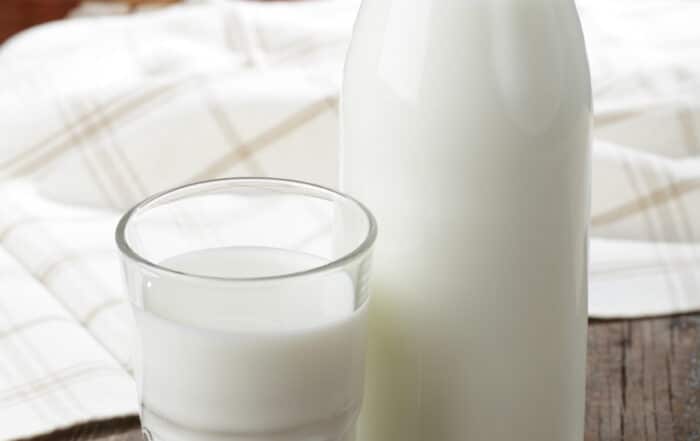Closing the Nutrient Gap with Milk Nutrition
Did you know that milk products play a key role in health and well-being? It’s true! The connection to bone health is well-known, but the health benefits of milk nutrition and dairy products go beyond bone health. Three servings of dairy every day can also help reduce the risk for high blood pressure, heart disease and diabetes.
Milk products have an unparalleled nutrient package with 13 essential nutrients including high-quality protein, calcium, potassium and vitamin D in every glass. And at around 25 cents per cup, it offers a nutritional bargain at an affordable price that you can’t pass up.
Fast Fact: Most Americans fall below the current Dietary Guidelines for Americans recommendations for dairy foods. We need three servings of dairy products, but most people get less than two.
Milk is an ideal beverage to help bridge that nutrient gap in a tasty and affordable way.

Whole Milk Nutrition – Know the Whole Story
Whether you prefer whole milk, low-fat milk or skim milk, you can feel good knowing that all cow’s milk contains 13 essential nutrients and is a good or excellent source of protein, calcium, vitamins A and D, vitamin B12, riboflavin, niacin, phosphorus, pantothenic acid, selenium, iodine, potassium, and zinc.
The primary difference between whole and fat-free milk is the amount of fat and calories. Whole milk contains 8 grams of total fat per cup and 150 calories, while a cup of fat-free milk contains almost no fat and about 80 calories.
A growing body of evidence indicates eating whole milk dairy foods may not be linked with cardiovascular disease. Recommendations from the current Dietary Guidelines for Americans state “recent evidence demonstrates that saturated fat from dairy foods (i.e., milk, yogurt and cheese) may be acceptable within the total daily caloric intake.”
Though scientists have not reached a consensus on the role of whole-milk dairy foods and health, these foods can fit into calorie-balanced, healthy eating plans.
You can learn more about the science of whole-mlk dairy and heart health with this handout.




